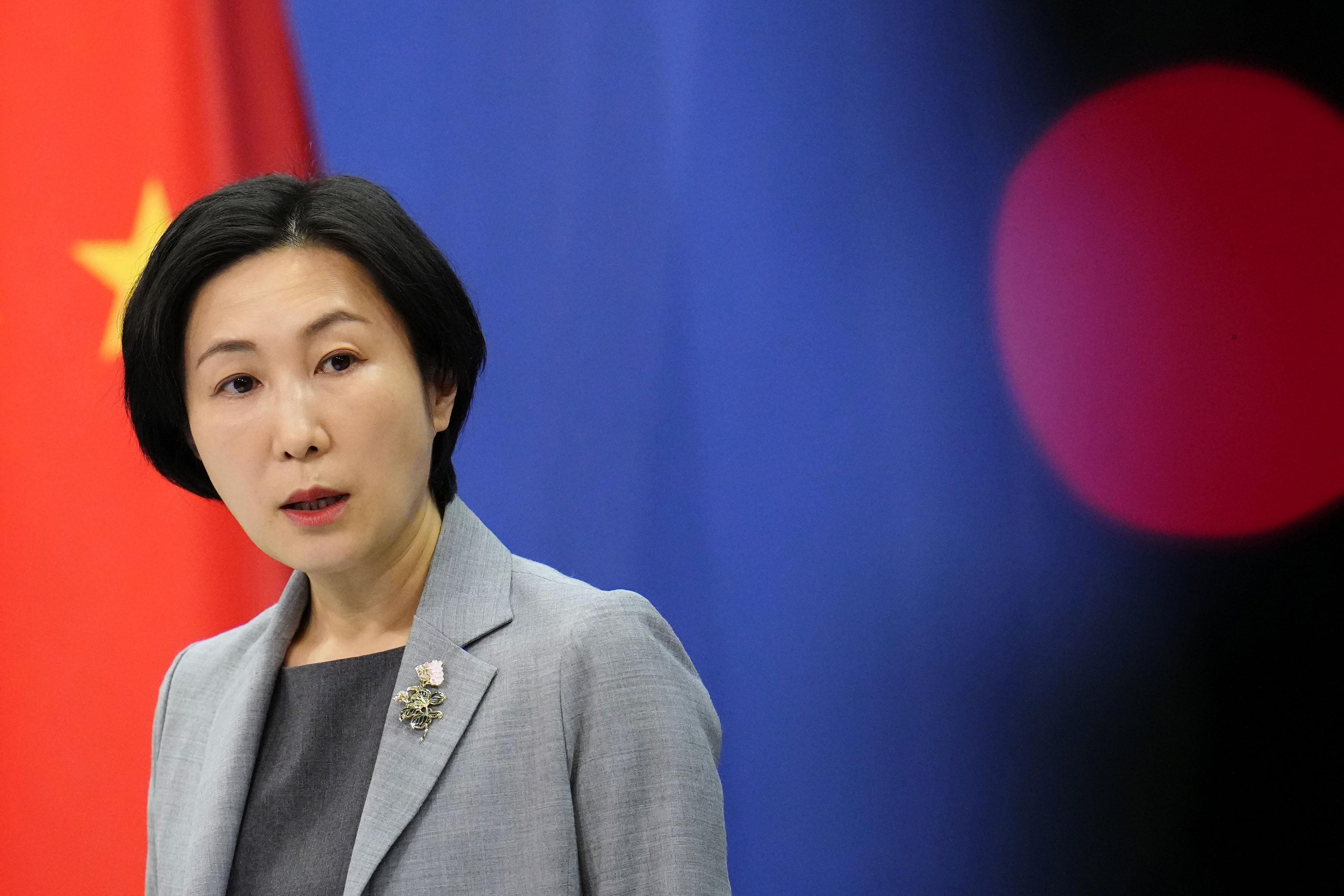China’s position on Russia’s war remains ambiguous. Despite Xi Jinping’s “no-limits friendship” with Vladimir Putin, China hasn’t offered much to help Russia conquer Ukraine. It has neither recognized Russian claims on Ukrainian land (even Crimea) nor condemned Russia’s invasion.
In the past few days, the ambiguity has deepened. Last week, China’s ambassador to France dropped diplomatic jaws by telling a French interviewer that there is no “agreement under international law to concretize [the] status [of former Soviet Republics] as sovereign countries.” (Editor’s note: interpret that literally, and Russia’s sovereignty would be in question too.) The Chinese embassy in Paris later “clarified” that the comments were simply an expression of the ambassador’s personal views. On Monday, China’s foreign ministry said that Beijing recognizes the independence of Ukraine and all former Soviet states.
China’s government has offered itself as a potential mediator between Russia and Ukraine. This latest diplomatic episode will make that effort a tougher sell, particularly in Kyiv.
